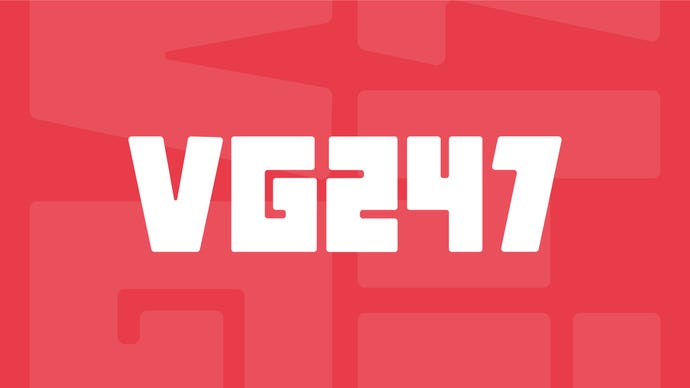UK employees should play online at work, says PopCap
According to a report put together by Peggle publisher PopCap, banning internet use at work and stopping employees playing casual games, reading social networking sites and the like, could cost the British economy up to £4 billion per year.
Quite how anyone arrived at that figure is a bit of a mystery, but there we are. "E-breaks" are the future, apparently.
"Tea-breaks and fag breaks have long been the most common types of break within office culture but the report shows that e-breaks are fast becoming the most popular choice of break for British workers", said Dr Chamorro-Premuzic. You know, Dr Chamorro-Premuzic?
"The report proves that a ten minute e-break a day can have significant benefits but, despite this, many bosses are banning them in the fear that they distract employees. By factoring in a dedicated slot for an e-break bosses are fostering a more trusting working environment, boosting productivity and ultimately increasing their profit which surely makes good business sense."
Press release after the link.
UK businesses lose£4 billion a year due to 'office break' ban
A new report published today reveals that the current trend towards banning personal internet use in the workplace could be costing British businesses up to£4 billion every year<1> due to a resulting decline in staff productivity. The report by PopCap Games, proves that, far from distracting employees from their work, taking a 10-minute online break during the course of the working day serves to reduce stress while sharpening and refocusing the mind.
With seven out of ten companies - including Credit Suisse and British Gas - banning access to social networking sites<2> and many considering banning personal internet access altogether, The PopCap Break Report 2008 highlights the negative impact this could have on the UK economy. In fact research shows that a ban on e-breaks could actually serve to reduce staff efficiency and morale.
The rise in popular social networking, news, dating, gaming and shopping sites has resulted in 57% of workers shunning the traditional tea-break in favour of an office e-break in a bid to unwind during the 9-5. However, whilst taking five minutes out to make a cuppa is an accepted ritual in the work place, snatchingfive minutes online is frowned upon and 71% of employees admit to sneaking online while their boss isn't looking. Furthermore 47% of employees surveyed felt that taking a five minute cigarette break during work hours was deemed more acceptable by their boss than spending time surfing online.
The findings are based on psychometric trials carried out on a cross section of UK businesses under the supervision of Goldsmiths University psychologist, Dr Chamorro-Premuzic. The comparative effect of different types of online breaks on employees' performances<4> were tested and the results revealed that if bosses actively encouraged employees to take one ten minute e-break in the working day their overall productivity levels would increase.
"Tea-breaks and fag breaks have long been the most common types of break within office culture but the report shows that e-breaks are fast becoming the most popular choice of break for British workers", commented Dr Chamorro-Premuzic "The report proves that a ten minute e-break a day can have significant benefits but, despite this, many bosses are banning them in the fear that they distract employees. By factoring in a dedicated slot for an e-break bosses are fostering a more trusting working environment, boosting productivity and ultimately increasing their profit which surely makes good business sense."
In light of these findings PopCap is campaigning employers to introduce a ten minute e-break into their employees' working days. Employees who wish to anonymously lobby their bosses to establish an e-break into their office should visit www.popcapbreak.com.

